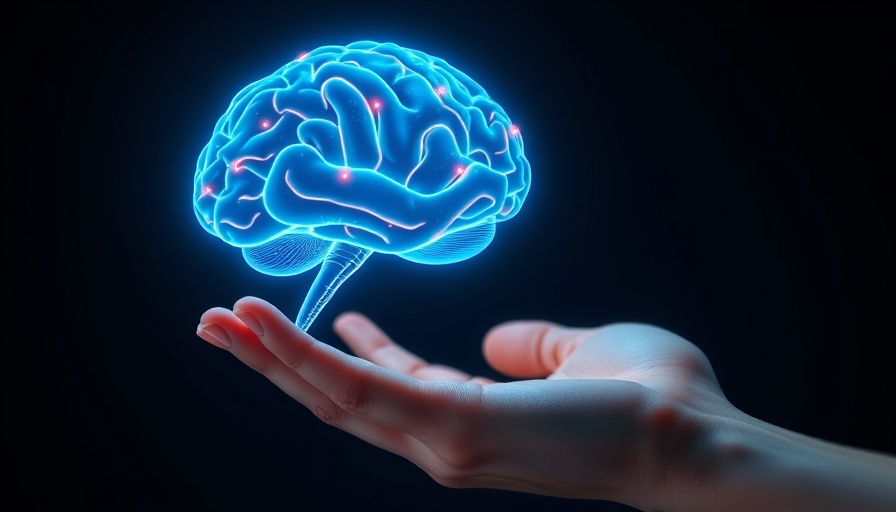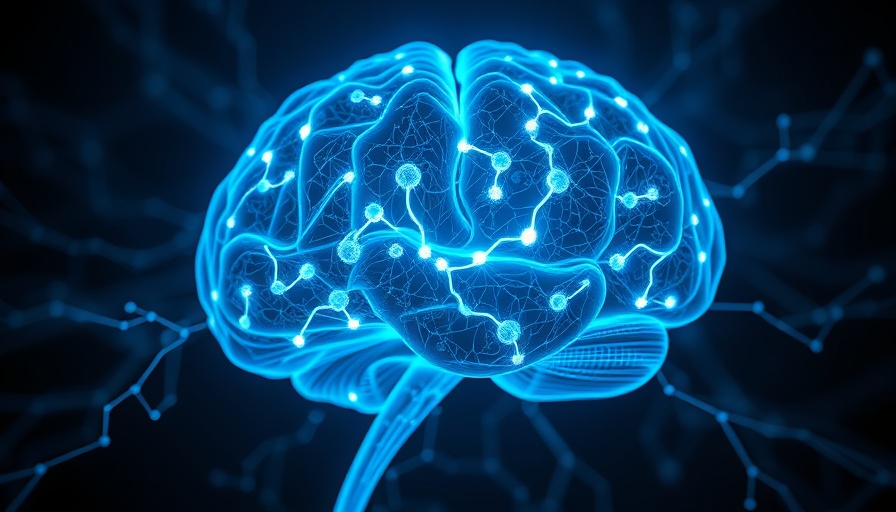
Innovative Gene Therapy Takes Aim at Alzheimer’s
Researchers at the University of California, San Diego, have developed a groundbreaking gene therapy that not only addresses Alzheimer's disease symptoms but aims to repair brain function at its core. Unlike conventional treatments that mainly focus on eliminating toxic proteins from the brain, this innovative approach helps rejuvenate the behavior of brain cells, potentially revitalizing memory even after symptoms have started to show.
Restoring Memory Function in Mice
In studies involving mice, the therapy has demonstrated remarkable success in preserving hippocampal-dependent memory, a critical cognitive function that often diminishes in Alzheimer’s patients. When administered during the disease's symptomatic stage, the treated mice exhibited improved memory retention and patterns of gene expression similar to healthy mice, suggesting a promising reversal of cognitive decline.
The Bigger Picture: Future Implications
The implications of this research extend far beyond laboratory mice. As Alzheimer’s continues to affect millions of people worldwide, this gene therapy offers hope for a new treatment paradigm that might halt or even reverse disease progression.
Current medications predominantly manage symptoms without addressing the disease's root cause. By targeting the behavioral health of brain cells, this therapy could revolutionize how we approach Alzheimer’s treatment, emphasizing not just symptom management but actual recovery of cognitive functions.
The Road Ahead: Human Trials on the Horizon
While the results are promising, further research is essential before moving to human clinical trials. The scientists involved are optimistic and believe that with the right focus, this therapy could transform the lives of those affected by Alzheimer's disease. If successful, it will mark a significant leap in neuroscience and therapeutic practices.
Conclusion: A Glimpse of Hope in Alzheimer’s Research
As we look toward a future where such therapies are viable for human use, each advancement in this field brings both a sense of urgency and optimism. As researchers continue their work, people grappling with Alzheimer's may soon have more than just management options—they could obtain solutions that fundamentally change their circumstances.
 Add Row
Add Row  Add
Add 




Write A Comment